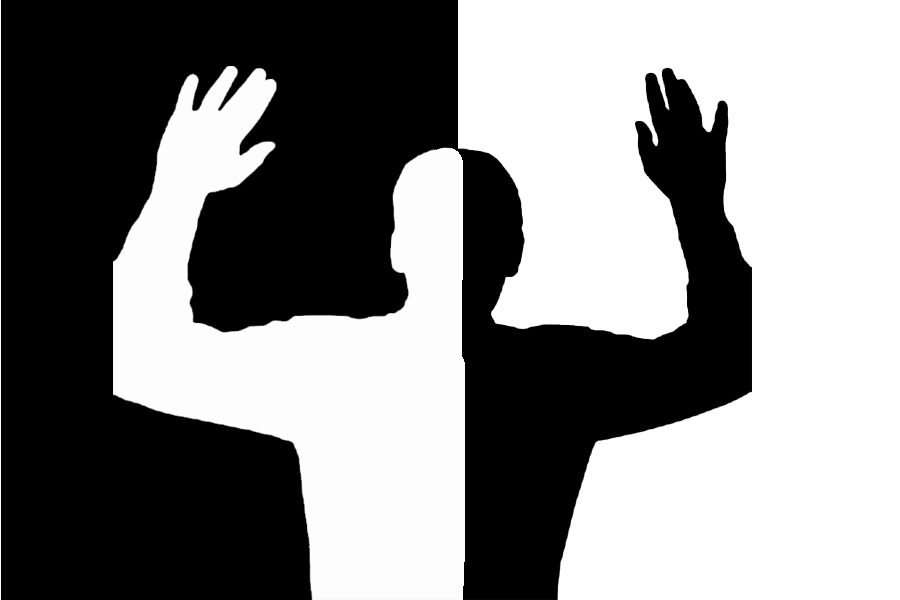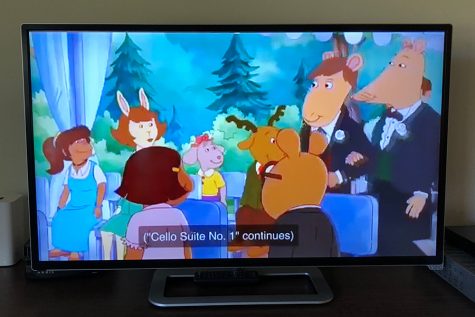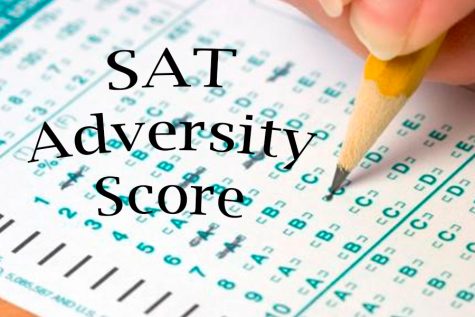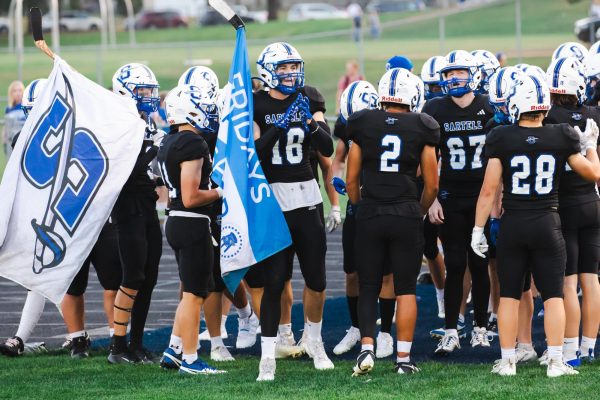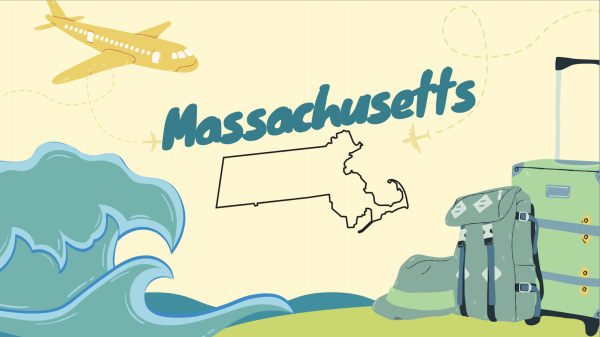Racial Profiling: still a prevalent problem
Racial profiling in law enforcement is still a problem that occurs every day for some.
Racial profiling within United States law enforcement is commonly happening every day. People need to be aware of this issue and recognize the signs of it happening.
Racial profiling is a judgment made based on the race or appearance of a particular ethnicity. Profiling can be done by anyone but has been noticed specifically within law enforcement.
According to Vittana.org, African-American drivers are twice as likely (4.5% vs. 2.1%) to be arrested during a traffic stop than caucasian drivers. Vittana.org also states that 65% of hispanic drivers are likely to receive a ticket during a traffic stop. This is higher than caucasian drivers or black drivers. African-Americans are three times more likely to be searched during a police stop as compared to whites. Hispanics are 2.5 times more likely to be searched during a police stop compared to caucasians.
The Ella Baker Center for Human Rights states that racial profiling results in community members losing trust in their police officers, and they feel that the police are against them. At least 70 police departments in the United States arrest black people at 10 times the rate they arrest people who are not black.
A North Minneapolis police precinct commander was demoted after two officers decorated their office Christmas tree in a racially offensive way. The officers decorated the tree with a pack of menthol cigarettes, a can of Steel Reserve malt liquor, police tape, a bag of Takis and a cup from Popeyes Louisiana Kitchen. The two officers were fired along with the commander. This is just one example of how blatant racist actions from people of authority effect the population, and make it easy for minorities to feel like they aren’t equal.
The End Racial Profiling Act was introduced in the Senate by Senator Ben Cardin on February 16, 2017. The bill was then introduced in the House of Representatives by Representative John Conyers on March 10, 2017.
This act was intended to prohibit federal, state, and local law enforcement officers from targeting a person based on race, ethnicity, national origin, religion, gender, gender identity, or sexual orientation without trustworthy information that is relevant to linking a person to a crime. It would also require law enforcement to be trained on issues of profiling and improve the process of receiving, investigating, and responding to complaints of alleged profiling. It was introduced to the Senate on February 16th 2017, read twice and referred to the Committee on the Judiciary.
This act would essentially work to reduce situations like the incident at Starbucks in April of 2018. Two black men were sitting in a Starbucks waiting for another member of their party for a business meeting, when they requested to use the restroom. They were denied as they had not purchased anything. They were then reported by customers and asked to leave, and the police were called. The police proceeded to arrest the men for suspicion of trespassing, even though the men were completely innocent. The two were released as Starbucks did not press further charges due to the fact that there was no evidence of the men trespassing.
After this incident, all Starbucks workers had a mandatory meeting for their workers to be re-informed of the importance of racial equality. Brinn Akervik, a senior here at Sartell, works at Starbucks in St. Cloud. When asked what the interview was about, Brinn replied “It was a 4 hour meeting, going over equality and respect for every customer that we interact with.”
Brinn went on to say that the importance of the meeting was clear after this encounter, but that does not mean the problem is solved. “I believe the issue is very important and light needed to be shed on the subject, but people who are racist, misogynistic, Islamophobic , etc, aren’t going to change because of things discussed in the meeting.”
Relating this to more local events, when asked if anything similar to this has happened in St. Cloud, Brinn replied “Only comments from people who I work with and some people no longer working at Starbucks. This one instance occurred when a man was interviewed and then hired last summer. This was under my manager who had made racist and homophobic comments on several occasions. One of my coworkers found the newly hired man’s twitter, where one of his tweets showed him using racist and homophobic slurs. We confronted him and he never showed up to a shift again.”
Brinn thinks that the issue should’ve been handled differently. “In my opinion, people need to be punished for things they say or take action on. As a company, we are trained to treat everyone equally and with respect, and if employees aren’t able to comply, then they should be fired.”
According to the New York Times, a federal civil rights investigation shows evidence of school districts invoking harsher punishments against minority students than non-minority students, even when the behavior being punished is identical. Studies also show that black boys face the highest rates of discipline than anyone. It also shows that black girls are six times as likely to be suspended as white girls, while black boys are three times as likely to be suspended as white boys.
Rachel Ditmarson is a senior at Sartell High School. She enjoys making collages and cutting her bangs, only to regret it the next day. Rachel is notorious...



